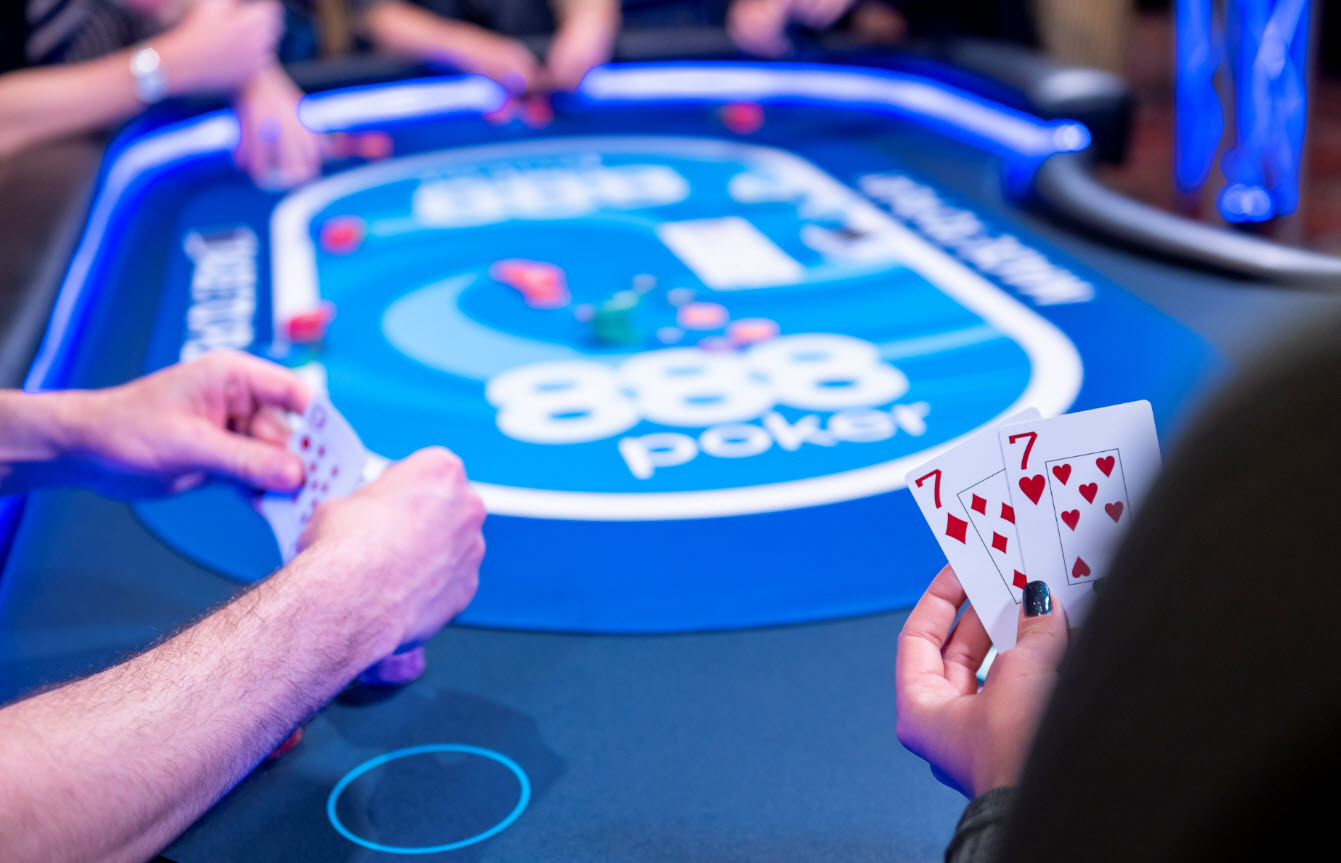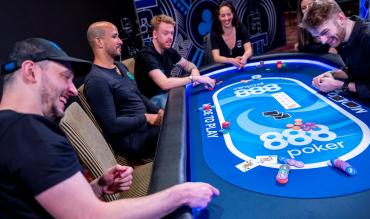A game of skill, strategy, and deception. This is poker, after all. And bluffing is a crucial aspect of the game, where skilled players are adept at recognizing and exploiting opportunities to catch their opponents doing moves like that. One pivotal moment in poker occurs on the river, the final community card dealt. Bluffcatching on the river is a delicate yet powerful technique that can turn the tide in your favor. In this article, we will explore the art of bluffcatching on the river, its importance in poker, and the key factors to consider when attempting this advanced play.
Understanding the River
The river is the final card dealt in a poker hand, and it often serves as a defining moment in a player's decision-making process. It is at this stage that players have the complete set of community cards, enabling them to evaluate the strength of their hand accurately. Bluffcatching on the river involves calling a final bet or raise from an opponent, suspecting that they are attempting to deceive or bluff.
Importance of Bluffcatching
Bluffcatching is a critical skill that can help you in poker. While successful bluffs are exhilarating, successfully catching a bluff can be equally rewarding. It allows you to extract additional value from your opponents and potentially win pots that you might have otherwise conceded. Additionally, bluffcatching can serve as a deterrent, discouraging opponents from attempting future bluffs against you.

Factors to Consider
a) Hand Reading: Bluffcatching on the river begins with accurately reading your opponent's hand range and intentions. Analyze their betting patterns throughout the hand to determine if their actions are consistent with the strength of their hand. Consider their previous bluffs or tendencies to identify patterns that can aid in your decision-making process.
b) Board Texture: The texture of the community cards on the river plays a crucial role in bluffcatching. Evaluate whether the final card has completed potential draws or improved certain hands. Assess whether your opponent's betting reflects confidence in their hand's strength or if it seems suspiciously aggressive.
c) Stack Sizes and Pot Odds: Bluffcatching on the river requires considering the stack sizes and the pot odds. Calculate the pot odds to determine the profitability of your call. If the pot odds suggest that your hand only needs to be correct a certain percentage of the time to break even or make a profit, bluffcatching becomes a more viable option.
d) Opponent Tendencies: Understanding your opponent's playing style is paramount. Different players have varying bluffing frequencies and strategies. Identify opponents who are more likely to bluff or overvalue their hands, and adjust your bluffcatching decisions accordingly. This knowledge will help you differentiate between legitimate value bets and bluffs.
e) Table Image: Your table image also influences bluffcatching. If you have a reputation for being a tight poker player, opponents are more likely to believe your strong hand and think twice before attempting to bluff you. Conversely, if you are perceived as loose or prone to hero calls, opponents might be more cautious and reluctant to bluff against you.
Summary
Bluffcatching on the river is a high-level poker skill that requires a combination of observation, analysis, and risk assessment. By understanding your opponents, reading their hands accurately, and considering key factors such as board texture and pot odds, you can make informed decisions that maximize your profitability in poker. Mastering the art of bluffcatching allows you to exploit your opponents' weaknesses, defend against bluffs effectively, and gain an edge in the game. Remember, practice and experience are essential in honing this skill. With time and dedication, you can become a proficient bluffcatcher, adding another valuable weapon to your poker arsenal.


